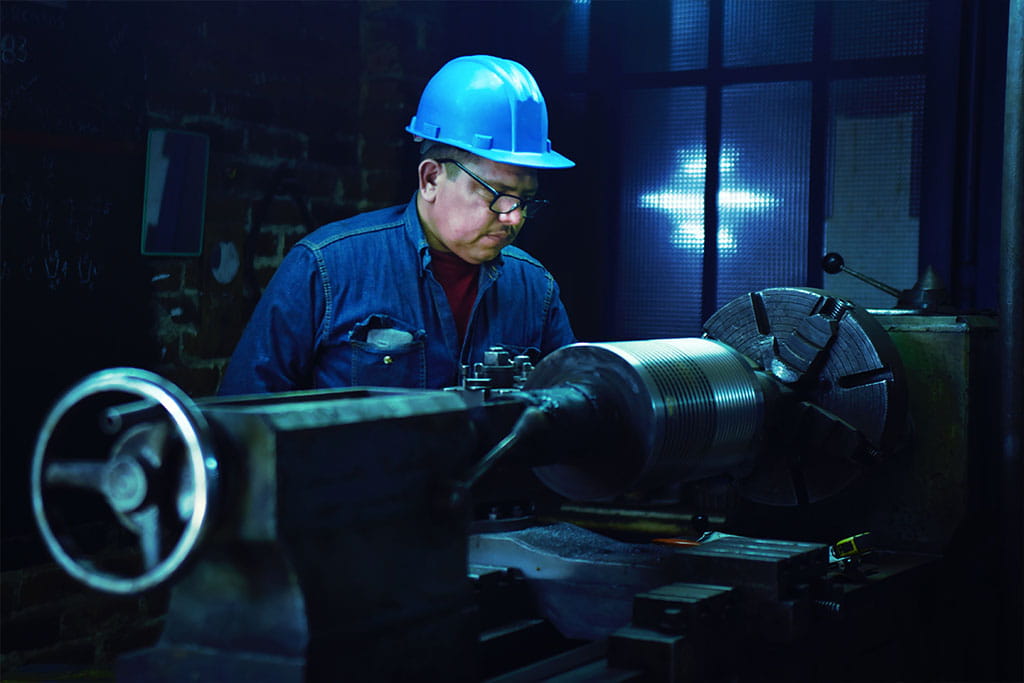Applying for jobs nowadays can be a frustrating experience. Increasingly, candidates find that their résumés alone are no longer enough to secure an interview.
They are expected to complete time-consuming assessments before they get a chance to make their case in person to a prospective employer.
While these assessments range in style, they usually share one feature: the gatekeeper deciding between success and failure is a computer, not a human. What does this mean for businesses and candidates?
Why companies use AI in recruitment
With technology increasingly revolutionising every aspect of our economy and lives, it is no surprise that more and more companies are using automated systems to help them with the recruitment process. To save time, they often use algorithms to filter large pools of applications down to more manageable shortlists.

Algorithms are also able to scour job boards and platforms like LinkedIn to find suitable candidates in the first place and AI can also help manage communications with candidates – by setting up interview times, for example.
With 250 applications for each corporate job on average, it’s understandable that companies are looking at ways to ease the burden of selection through automation in hope of finding the right talent and finding it quickly.
The downsides of AI
But there is a catch. Oftentimes, automated assessments are poorly conceived and in principle do little more than just push the work of filtering candidates off the recruiters onto the candidates themselves. This adds to candidates’ sense of exasperation.
They are often faced with questions such as “Do you prefer to work in a team rather than alone”. These questions, without knowing the full context, make little sense as an individual is likely to enjoy doing both at different times.
Another potential downside of AI is that it is mostly trained on historic data. This can have important implications for people wanting to change the direction of their careers. The algorithms feast on past experience and could pigeon-hole candidates each time they seek new roles – trapping them into conventional career pathways.

Moreover, in recent years, it has become evident that badly designed AI processes can lead to unfair treatment and bias. Unless checked against it, the software reflects the biases of those programming it, or data it learns from.
For instance, Amazon famously pulled the plug on AI recruitment software in 2018 after it started to show gender bias. A preponderance of masculine résumés had skewed the software to penalise the use the words like “women’s” – as in “women’s chess club captain.”
Friend or Foe?
The AI-powered recruitment process has both advantages to build on and potential pitfalls to avoid. And while many debates focus on answering the binary question of whether or not AI should be used in recruitment to begin with, perhaps the main focus should instead be placed on how to make use of it so that it benefits both businesses and candidates.
The learnings from the examples above suggest that AI, if left unsupervised or badly designed, can veer off the rails. AI developers themselves, such as Sylvain Duranton, readily acknowledge this and therefore advocate close collaboration between humans and AI.
This mirrors a similar debate in robotics. Industry increasingly looks to close interaction between humans and robots in the workplace rather than the latter simply replacing the former.

If this model of collaboration is adopted, it will help limit the disadvantages, while accentuating the benefits of AI in the recruitment process. Times are changing fast. Instead of reflecting gender bias, new AI from LinkedIn is specifically aimed at helping recruiters overcome it. Meanwhile the latest generation of recruitment services like Vettery blend automation with the human touch.
With careful implementation, and a human dimension, AI can mature to be a positive force for employers and job seekers alike.



